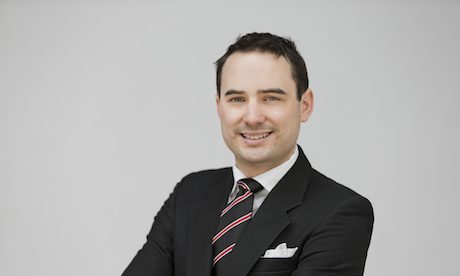To be Catholic in a post-Christian age is to suffer many misconceptions.
One example is the idea of papal infallibility. Many assume the doctrine requires Catholics to hold that the Pope makes no mistakes.
But the actual terms of papal infallibility is narrowly defined. So much so that it hardly ever applies. In fact, there are only two papal statements that all theologians agree meet the criteria.
One is the Immaculate Conception of Mary. The other concerns her assumption into Heaven.
Without getting into a theological debate, there are other statements that might qualify. But these are subject to debate. And, despite the papacy being 2000 years old, there are precious few of them.
So if the Pope predicts good weather for the weekend, it’s no sin to pack an umbrella just in case.
Nor are Catholics obliged to go along with the Pope’s musings on economics or science. In such matters, he works from imperfect knowledge (as do we all).
The socialist playwright George Bernard Shaw seems to have understood this. Though no fan of the Catholic Church, he characterised the doctrine as relating only to “certain historical matters on which he has clearly more sources of information open to him than anyone else”.
He observed that, compared to “our infallible democracies, our infallible medical councils, or infallible astronomers, our infallible judges, our infallible parliaments the Pope is on his knees in the dust confessing his ignorance before the throne of God…”
If he was writing that today, Shaw would have added “fact check” websites to his list of modern infallibles. The events of last week show why.
As we know, the United States fired around 60 missiles into Syria as retaliation for the Assad regime’s bombing of Khan Shaykhun.
The World Health Organisation and others say the regime used sarin gas in the assault on the town. The US government says the use of chemical weapons called for a military response.
But how can this be? After all, Syria agreed to surrender its entire stockpile of chemical weapons in 2013.
A year later John Kerry, then Secretary of State, claimed that “we struck a deal where we got 100 percent of the chemical weapons out”. Continue reading
- Liam Hehir is a Senior Associate practising law, and writes opinion pieces for Fairfax Media.
